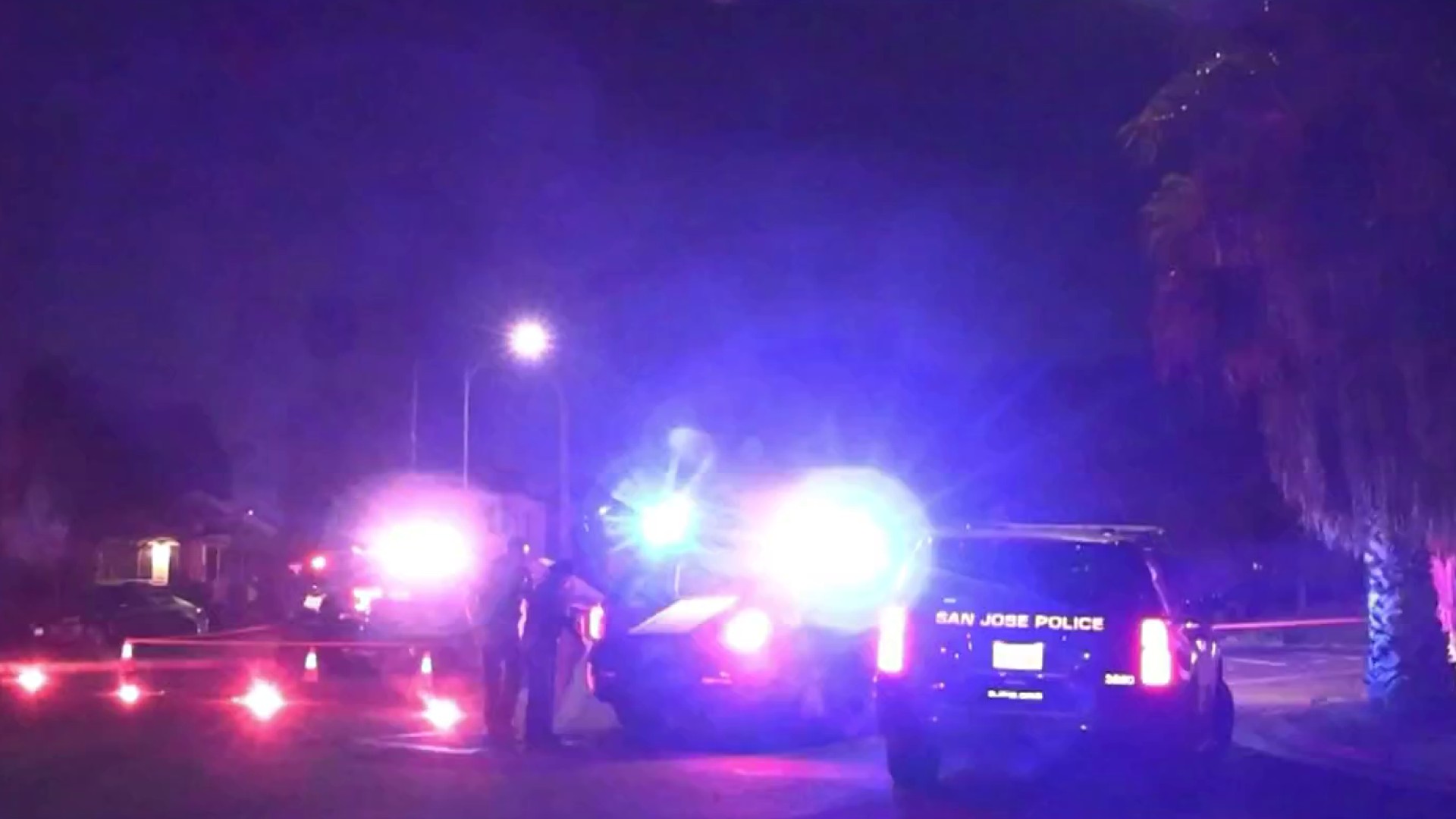Convicted Boston Marathon bomber, Dzhokhar Tsarnaev, was sentenced to death by lethal injection by a federal jury in Boston last week.
The sentence adds Tsarnaev to a list of 80 others that have been sentenced to death by a federal jury since the federal death penalty was reinstated in 1988. Of those, only three have been executed.
What is the likelihood that Tsarnaev will actually be put to death?
Ellen Kreitzberg, a law professor at Santa Clara University and an expert on the death penalty, said that question isn’t easy to answer, but one thing is clear: if an execution does occur, it won’t happen any time soon. That could make things difficult for families seeking justice and closure, she said.
Local
The appeals process in cases like Tsarnaev’s can take anywhere from 12 to more than 20 years, Kreitzberg said. The full trial has to be transcribed, new attorneys are hired who have to get to know the case, and it takes a lot of time for that review to happen, she added. And that’s just the preparation process.
“Even when appeals are moving along, no one’s trying to slow them down, there’s just no way it can be done quickly,” she added.
Only one of the three inmates executed by the federal government, convicted Oklahoma City bomber Timothy McVeigh, elected to end his appeals process and expedited his execution, which took place just four years after he was sentenced. The remaining executions took place in Texas, which ranks highest in the nation for state executions conducted since 1976, more than four times the number for Oklahoma, which currently ranks second.
Adding to the delay in Tsarnaev’s case is the fact that his sentencing took place in Massachusetts, a state that does not currently have a state death penalty. Each of the three prior executions under the federal statute took place in states that have death penalty laws, so there’s no federal protocol for how to proceed in this case, Kreitzberg said. That could cause even further delay, she added.
On top of that, the availability of lethal injection drugs has become more challenging since a series of botched executions made headlines last year. The constitutionality of using the drugs to end life is up for debate in nearly all 32 states that currently have the death penalty. Arguments against the use of drugs like midazolam—a sedative not approved by the FDA for lethal injection—which was used in the botched execution of inmate Clayton Lockett in Oklahoma last year, are currently being heard by the Supreme Court.
Many drug manufacturers have stopped making the drugs because of their use in death by lethal injection, Kreitzberg said.
The botched executions have also led to a changing wave of public opinion, added Kreitzberg, who does not support capital punishment. Support for the death penalty is the lowest it has ever been, she said. In recent years, Washington and Pennsylvania governors issued a moratorium on the death penalty in those states, and in 2013 Maryland repealed its death penalty entirely. Nebraska could soon follow suit. The conservative state would be the first to abolish capital punishment since 1973.
“So in addition to many of the legal hurdles, and legal obstacles, there really seems to be, if we call on the court of public opinion, a huge groundswell of opposition to the death penalty,” she added.
After Tsarnaev's sentencing, victims’ family members lauded the jury for coming to a “just” conclusion. But how much justice will actually be served in the form of capital punishment is yet to be determined.
The interim delays could make finding closure more difficult, Kreitzberg said, particularly the lengthy appeals process, which she said only draws out cases and keeps details of the tragedy fresh in the minds of victims and their families.
But Kreitzberg questions whether an execution, if it does occur, is able to bring any closure at all, citing a body of sociological research that has looked at responses to the Timothy McVeigh execution. In her book Victims and Victimhood, Trudy Govier notes that victims’ families who were invited to watch the McVeigh execution felt disappointment at McVeigh’s apparent lack of remorse, and anger that his death seemed to lack any suffering.




